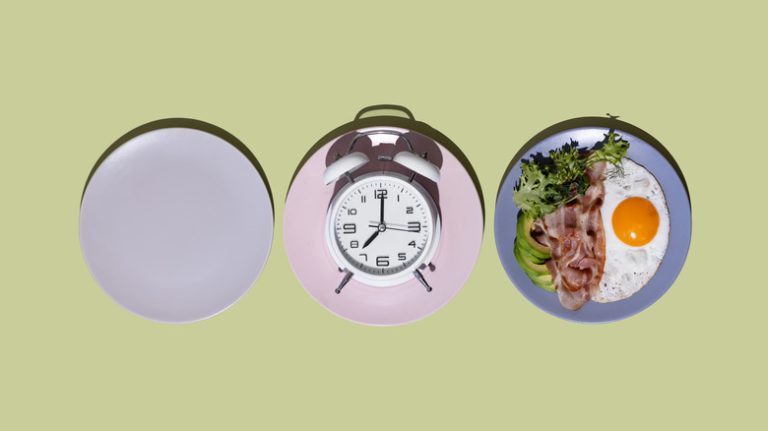Mental health can take a serious toll on your work, relationships, mood, and your physical body. If that’s not enough to make mental health a priority in your life, you might be surprised to know that mental health can also impact your memory. Typically, memory problems are linked with disorders such as dementia or head injury, or they could be side effects or symptoms of other conditions such as multiple sclerosis, alcohol abuse, or vitamin deficiencies.
Yet certain mental health conditions such as depression also affect how our brains function, which can have an impact on our ability to concentrate. In an exclusive interview with Health Digest, Dr. Jennifer Bahrman, a psychologist with UTHealth Houston, provides her expertise on the connection between mental health and memory. She says that grief also robs us of emotional energy and can affect how we process information.
Remember how your anxiety made your brain go blank before a test? That’s because anxiety affects your ability to hold information in your mind. “Working memory is strongly influenced by worry and anxiety, and it can be a significant hindrance in individuals’ personal and professional life,” Bahrman said. “It may lead to forgetfulness, carelessness, and difficulty juggling the demands in one’s life.”
Manage stress to help manage memory

Even if stress, burnout, or sleep deprivation cause short-term memory and learning problems, long-term stressors like these can increase the risk of dementia. “The energy it takes to cope with certain feelings or life stress, whether acute or chronic, can get in the way of feeling as sharp,” Bahrman said. “Similarly, excessive stress can overload our minds, thereby causing distraction and cognitive dulling. Naturally, it is very challenging to recall something when one was not paying attention.” She adds that even if we experience stress-related forgetfulness, it’s unlikely it can affect our long-term memory.
If you notice some problems with your memory, Bahrman recommends finding if some biological issues such as hypothyroidism, alcohol use disorder, or vitamin deficiencies are the cause. It’s also important to investigate if your mental health might be contributing to your memory issues. “Whether that is seeking psychological or psychiatric intervention for depression or anxiety, grief, or stress, or change in one’s behavioral techniques to better manage these concerns, it is imperative to address what is causing the emotional stress/distress and memory challenges.”
She adds that managing stress, improving sleep, eating a healthy diet, and spending time outdoors can also improve your mental health and quality of life.
When to seek help from a mental health professional

Bahrman says sometimes our memory problems interfere with our ability to complete everyday activities. She recommends seeing a mental health professional, especially if the memory issues seem more serious than age-related memory loss. If you experience hopelessness, changes in appetite or sleep, or loss of interest in activities that previously gave you pleasure, these can be signs of depression. Anxiety often has symptoms of nervousness, feeling a sense of dread, difficulty relaxing, or fearing the worst. A mental health professional can help treat depression and anxiety while also addressing memory loss.
“Everyone can benefit from therapy, so even if the source of the memory challenges is related to stress, burnout, or sleep problems, a mental health provider is well equipped to provide care to address these underlying concerns and help patients experience a better quality of life and an improvement in their functioning,” she said.




